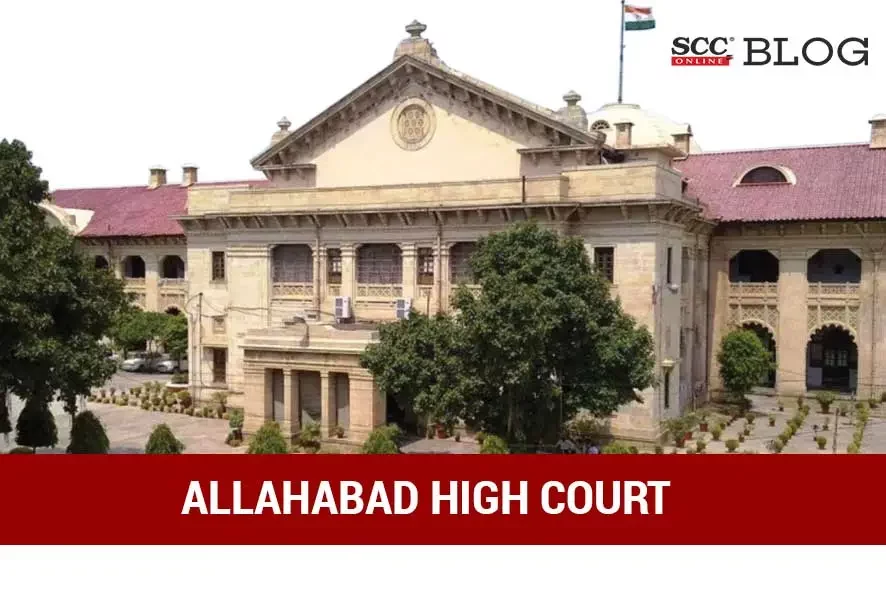Allahabad High Court: In a habeas corpus petition filed on behalf of the petitioner, a minor of age about seven years, Dr. Yogendra Kumar Srivastava,J. while dismissing the petition, reiterated that for the exigence of a writ, it is to be proved that the detention of the minor child is illegal and without any authority of law, and that the welfare of the child requires that the present custody should be changed. Further, it held that the provisions of the personal law are to be applied consistently with the provisions of the Guardians and Wards Act, 1890 (‘GWA’)
The father of the petitioner died in a road accident in 2020 and thereafter, the mother solemnized a second marriage. The petitioner at the relevant point of time was in custody of the mother and brother (respondents) of the deceased father.
It is sought to be contended that mother had been assured by the respondents that the custody of the petitioner would be handed over to her in due course.
The Court noted that under Sections 25 of the GWA and Section 7 of the Family Courts Act, 1984, a petition was instituted by the mother of the petitioner, seeking her custody, and the same is pending.
The Court said that the law relating to guardians and wards is governed by the GWA and an order regarding guardianship upon an application filed by a person claiming entitlement may be passed under the aforesaid enactment.
It added that Section 17 of the GWA relates to matter to be considered by the Court in appointing guardian and in terms thereof, it is provided that the Court while deciding the question of guardianship of a minor, shall, as far as possible, do so consistently with the law to which the minor is subject, keeping in view the welfare of the minor. Thus, the provisions of the personal law are to be applied consistently with the provisions of the GWA.
The Court noted that the matters relating to “Guardianship of Person and Property” are provided under Chapter XVIII of Mulla, Principles of Mahomedan Law and Part-A thereof pertains to “Appointment of Guardians”. In terms of Section 349, all applications for the appointment of a guardian of the person or property or both of a minor are to be made under the GWA.
Further, it noted that Section 351 of Mulla, Principles of Mahomedan Law, which is in terms of Section 17 of the GWA, imposes a duty upon the Court in appointing guardian to make the appointment consistently with the law to which the minor is subject, keeping in view the welfare of the minor.
After taking note of Sections 352 and 354, the Court said that the mother is entitled to the custody (hizanat) of her female child until she has attained puberty. This right continues though she is divorced by the father of the child, unless she marries a second husband in which case the custody belongs to the father.
The Court remarked that the principal duty of the Court in custody matters is to ascertain whether the custody of the child is unlawful and illegal and whether the welfare of the child requires that his present custody should be changed, and the child be handed over to the care and custody of any other person. In such matters the welfare of the child is of paramount consideration.
The Court said that for the exigence of a writ, it would be required to be proved that the detention of the minor child is illegal and without any authority of law, and that the welfare of the child requires that the present custody should be changed.
The Court said that in the present case, the material on record, prima facie, does not suggest that the petitioner has been illegally detained by the respondents.
Thus, while dismissing the petition, the Court clarified that dismissal of the petition would not preclude the parties from agitating their rights regarding guardianship and custody before the court concerned, where the matters were stated to be pending.
[Abdia Arif (Minor) v State of U.P, 2024 SCC OnLine All 390, Order dated 31-01-2024]






